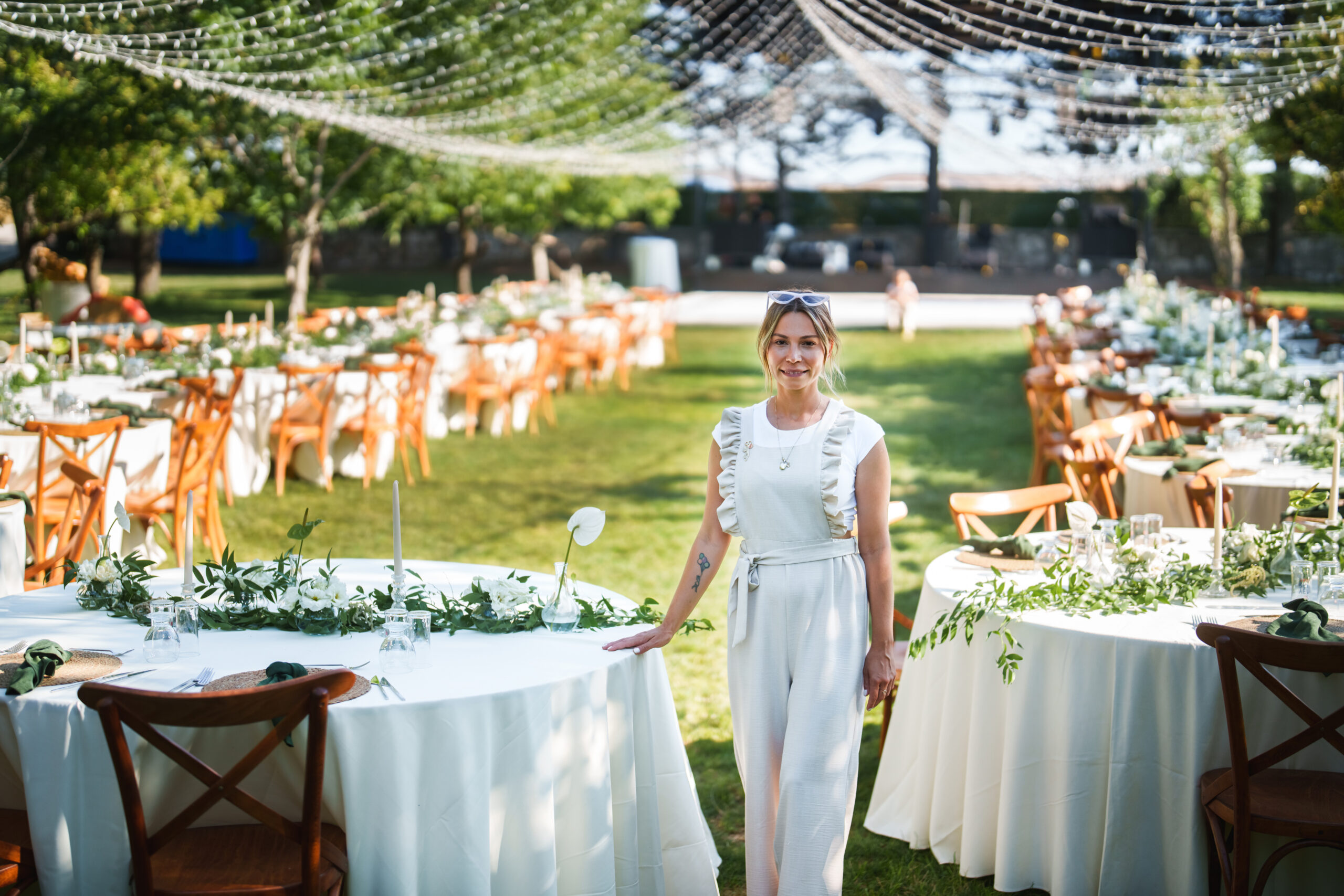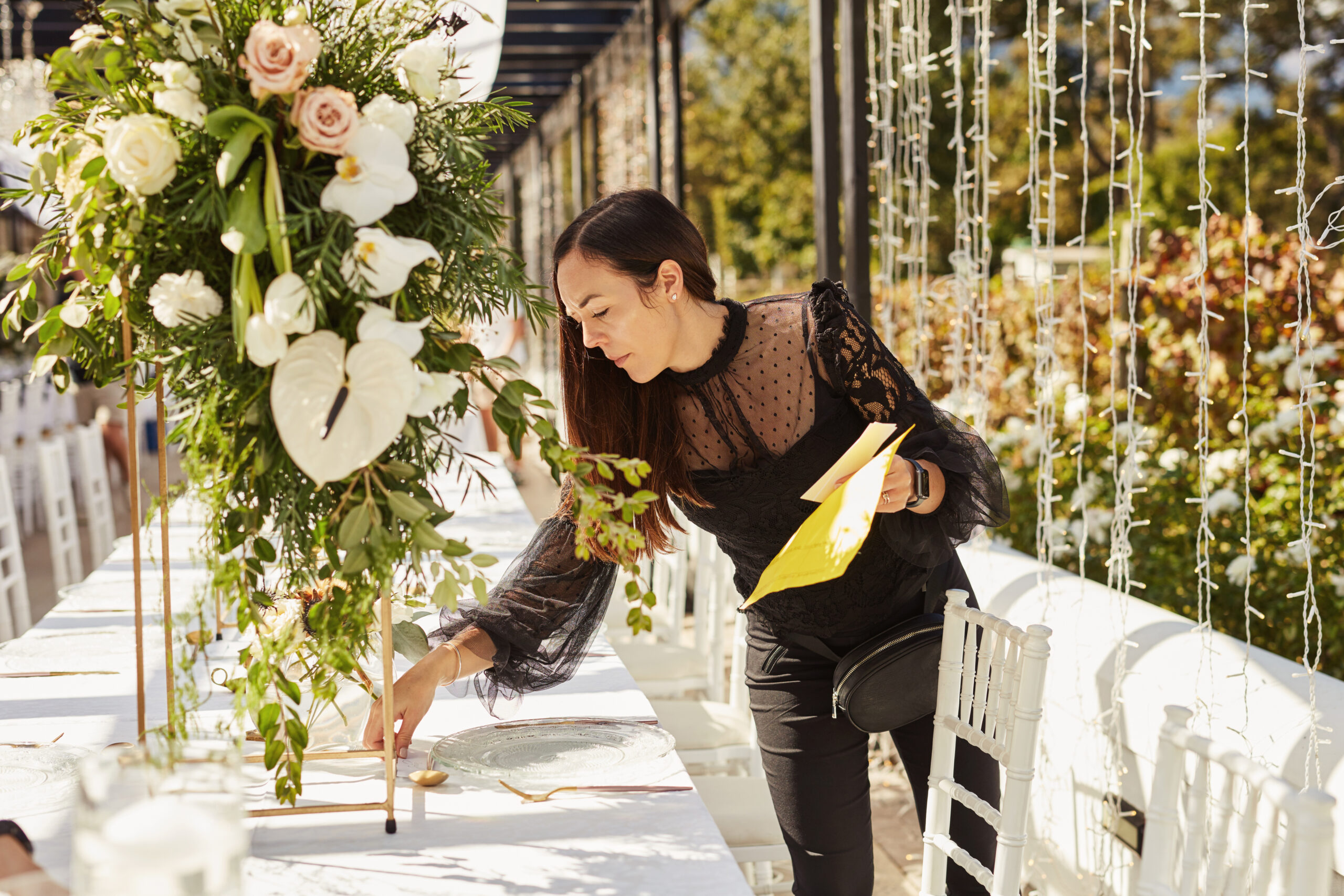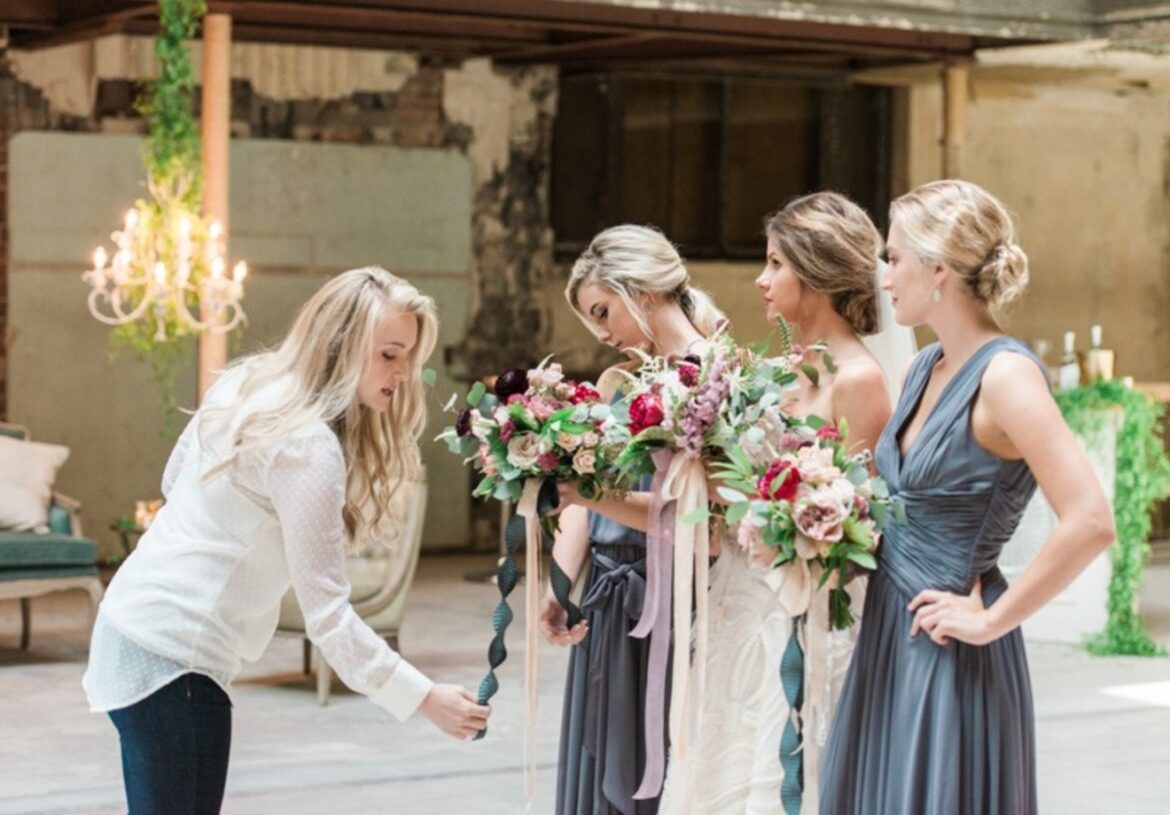How to Choose the Right Vendors for Your Perfect Wedding Day
When it comes to your wedding day, every detail matters, and much of the success of your event depends on the vendors you choose. From the caterers and performers to the florists and photographers, these professionals play a pivotal role in bringing your vision to life. Selecting the right vendors can elevate your special day, ensuring everything runs smoothly, while the wrong choices could lead to unnecessary stress and disappointment.
Hiring top-notch vendors who understand your style, budget, and personality is crucial. The best ones are not only skilled at their craft but also adept at problem-solving. When unexpected challenges arise on your big day, reliable vendors will address issues before you or your guests even notice, allowing you to enjoy every moment stress-free. However, with so many talented vendors to choose from, narrowing down your options can feel overwhelming.
To help make the process easier and more effective, here’s an in-depth guide with tips and strategies for choosing the best vendors for your wedding day.

1. Start by Prioritizing Your Needs
Before diving into the search, you need to clearly define your wedding priorities. Start by locking in the essentials:
- Wedding Date: Your date is critical as it determines vendors’ availability. Many sought-after vendors book months, even years, in advance, so securing your wedding date early is crucial.
- Budget: Establish a realistic budget and decide how much you’re willing to allocate to each vendor category. This will help you focus on vendors who fit within your price range.
- Location or Destination: The type and location of your wedding will influence the vendors you’ll need. If you’re planning a destination wedding, you may want local vendors or professionals willing to travel.
- Guest Count: The size of your wedding will also impact vendor decisions, especially for catering, rentals, and venue selection.
Some venues have exclusive relationships with certain vendors, such as caterers, photographers, or florists, and may require you to use their preferred list. Verify these policies early to avoid surprises or disappointments later in your planning process.
2. Do Your Homework before Finalizing Vendors
Research is an essential step in finding reputable and talented wedding vendors. Here are some ways to get started:
- Ask for Recommendations: Word-of-mouth referrals are one of the most trusted ways to find great vendors. If you’ve recently attended a wedding, ask the couple about their favorite wedding assistants and their overall experience. Friends, family, or colleagues who’ve planned weddings can also provide valuable insights.
- Leverage Social Media: Platforms like Instagram and Pinterest are excellent resources for discovering vendors whose aesthetic aligns with your vision. Search for hashtags like #WeddingPhotographer or #WeddingFlorist to find professionals in your area. Follow vendors who catch your eye and explore their portfolios.
- Online Reviews: Read reviews on wedding planning sites like The Knot, WeddingWire, or Google. Pay close attention to recurring themes in feedback—if multiple couples rave about a vendor’s communication skills or professionalism, it’s a good sign. Conversely, consistent complaints should raise red flags.

3. Look for Compatibility
Your wedding assistants will be your collaborators and partners throughout the planning process, so it’s essential to find professionals who resonate with your style and values. Here’s how to assess compatibility:
- Style and Aesthetic: Review vendors’ portfolios or social media profiles to ensure their work aligns with your wedding vision. For example, if you’re planning a rustic wedding, look for florists and decorators who have experience with natural, earthy designs.
- Personality and Work Ethic: Schedule consultations with potential vendors to gauge their communication style and enthusiasm. A vendor who listens attentively to your ideas and offers thoughtful suggestions is likely to be a good fit.
- Flexibility: Weddings can be unpredictable, so it’s important to work with vendors who can adapt to changes and problem-solve on the go. Ask them about their approach to handling last-minute challenges.
4. Evaluate Value Over Price While choosing vendors
While it’s tempting to go with the lowest bid, remember that value and quality are just as important—if not more so—than cost. Here’s how to ensure you’re getting the most for your money:
- Understand What’s Included: Ask them for a detailed breakdown of their pricing and packages. For example, a photographer might include an engagement session or a second shooter in their package, which adds value compared to a lower-priced option with fewer inclusions.
- Avoid Hidden Costs: Clarify any additional fees, such as travel expenses, overtime charges, or setup costs. This will prevent unwelcome surprises down the line.
- Assess Quality and Experience: Those charging significantly below market rates might lack experience, use subpar materials, or offer limited services. On the other hand, vendors with fair pricing and positive reviews are often worth the investment.
5. Ask for References
Don’t hesitate to ask vendors for references from past clients. Speaking directly with couples who have worked with the vendor can provide valuable insights into their professionalism, creativity, and reliability. Questions to ask references include:
- Was the vendor easy to work with?
- Did they deliver on their promises?
- Were there any challenges, and how were they resolved?
- Would you recommend this vendor to others?
This step can provide peace of mind and help you make informed decisions.

6. Book Vendors Early
Popular vendors, such as photographers, caterers, and florists, often have busy schedules, especially during peak wedding seasons. To ensure you secure your top choices, start reaching out to them as soon as you’ve set your date and budget.
It’s a good idea to book key vendors, such as your venue and photographer, first since their availability may impact other decisions. After these essentials are locked in, you can move on to secondary vendors like DJs, bakers, and rental companies.
7. Let the Professionals Shine
Once you’ve hired your vendors, trust them to do their jobs. Micromanaging professionals can add unnecessary stress and hinder their ability to deliver their best work. Remember that experienced vendors are experts in their field—they’ve handled countless weddings and know how to handle challenges gracefully.
To ensure smooth coordination on the big day, provide your vendors with clear instructions and a timeline. Then, step back and let them handle the details while you focus on enjoying your celebration.
In Conclusion
Choosing the right vendors is a critical part of wedding planning, as they play an integral role in creating a seamless and unforgettable experience. By prioritizing your needs, doing thorough research, and evaluating compatibility and value, you’ll be well on your way to assembling a dream team of professionals.
Ultimately, the best vendors are those who bring your vision to life, solve problems behind the scenes, and make your wedding day stress-free and joyous. With thoughtful planning and clear communication, you’ll be able to relax and enjoy every magical moment of your special day. Best of luck as you embark on this exciting journey!

